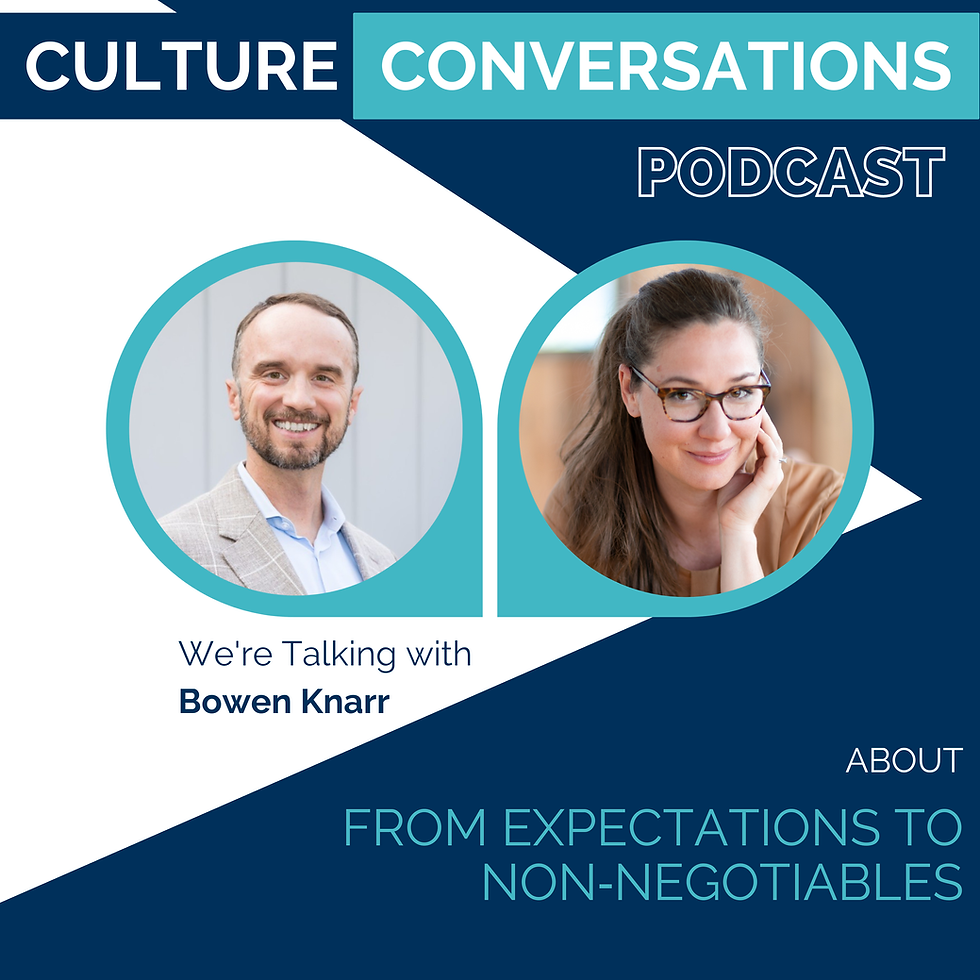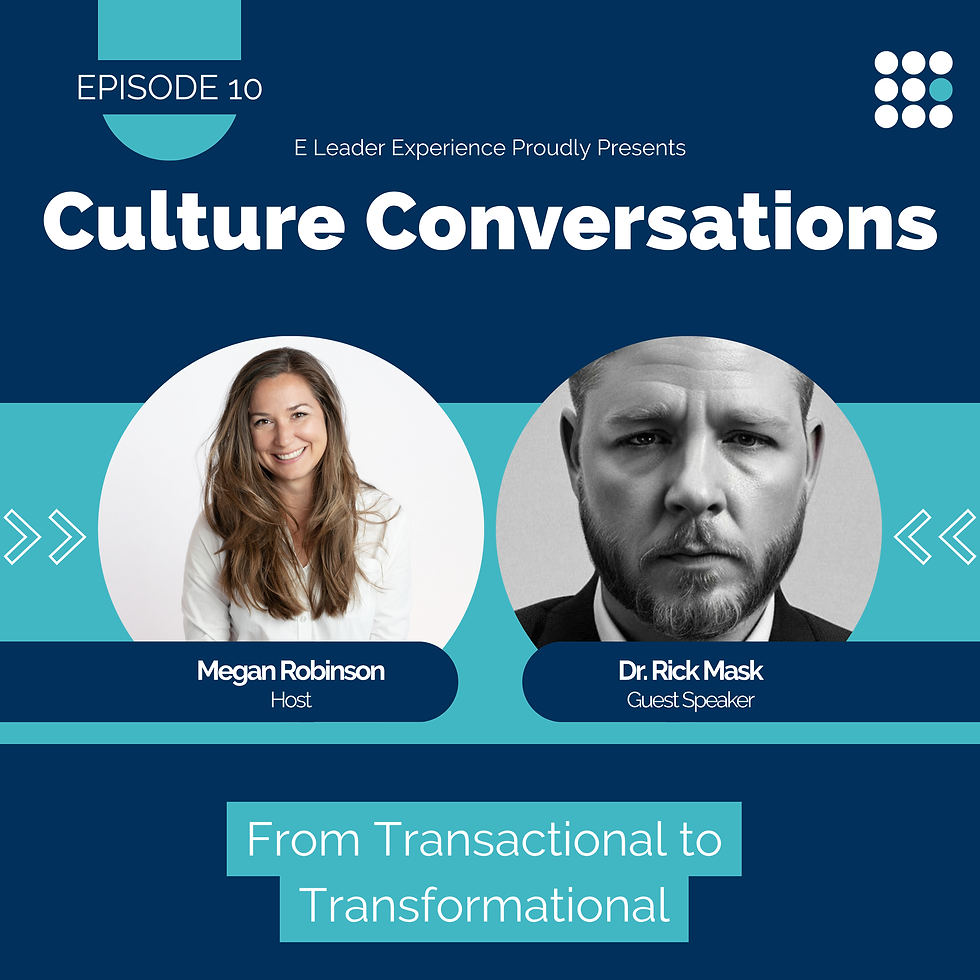Who's responsible for Professional Development?
- Megan Robinson

- Dec 22, 2020
- 2 min read
Updated: Jun 24, 2022
How long do you expect to be at your current company? 3 years? 5 years? 10?

Rare is it that you have a clear vision of being at the same company for more than 10 years. How long do you imagine the last person you hired will be at the organization? Do you see them sticking around for 10 years? I’d bet you couldn’t even paint a picture of what the next 10 years at the company would look like.
That’s because the reality is, it’s rare to stick around:
The median number of years that wage and salary workers have worked for their current employer is currently 4.6 years*.
The median tenure for workers age 25 to 34 is 3.2 years.
The median tenure for employees age 65 and over is 10.3 years
As expectations changed for employee loyalty, so too has the desire to invest in those employees. If no one expects an employee to stick around for the long haul, why would we invest in them?
CFO asks the CEO: “What happens if we invest in developing our people and then they leave us?”
CEO asks the CFO: “ What happens if we don’t, and they stay?”
Instead of addressing this question head-on, most companies want to make excuses and compromises to make themselves feel better.
They implement a mentorship program. But the mentees have no idea what to do and the mentors get frustrated wasting time.
They throw an annual training session based on specific needs. Buzz words like conflict resolution or emotional intelligence get a full day’s attention, only to find out in 3 months you still have the same challenges.
The buck gets passed around to HR, to teams, to managers until it gets added to the annual review and goal-setting process where you turn to the employee to create their plan.
For far too long organizations have been able to ignore this need. To deflect responsibility and instead focus on the company instead of the people. However, this only exasperates the divide:

94% of employees would stay at a company longer if it invested in their career development.*
But now we live in an age where we “value” our people. Every organization’s hiring page touts how much they care and value their team. But why aren’t we working to grow, enhance, and improve what we value most? Because we don’t see the potential and instead take what we have at face value.
Most companies are like bad property managers and treat their employees like their real-estate investments. They purchase a beautiful home that checks all of the boxes, but then never do any maintenance or upgrades to it. Instead of gaining value and appreciation, the home begins to leak, the shrubs get overgrown and the decor becomes dated… So too will your employees.
So how can you strengthen your team? What will help them perform not just better now, but in the future? What are you willing to invest, even if they don’t stay?




Comments